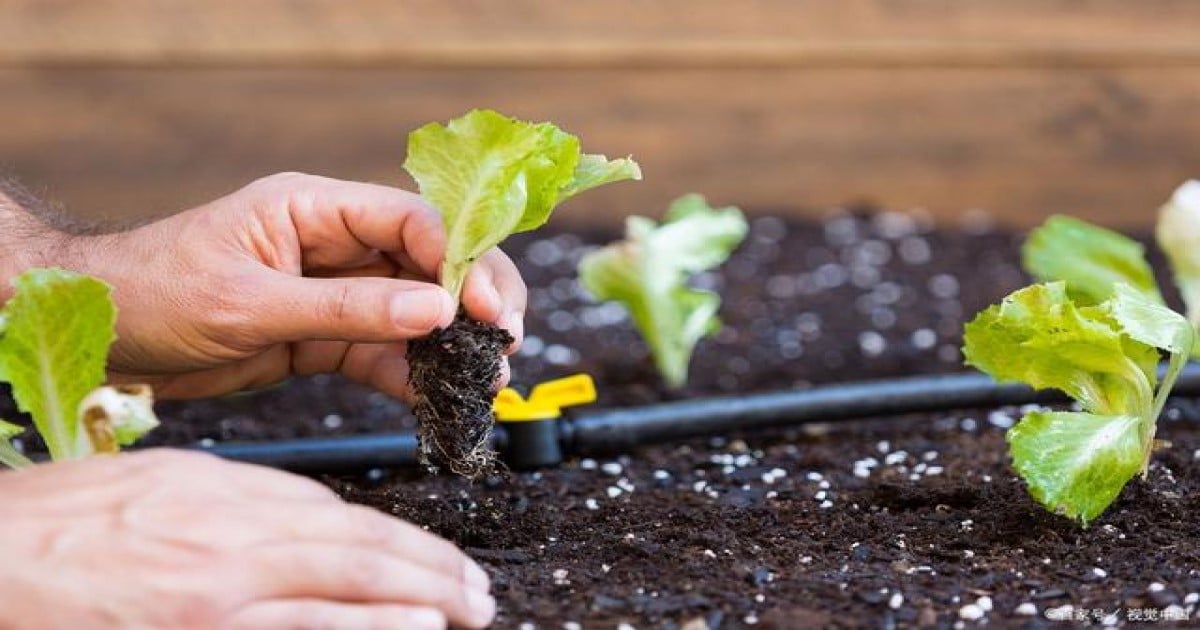Role of Plant Growth-Promoting Microbes in Agriculture—2nd Edition
A special issue of Agronomy (ISSN 2073-4395). This special issue belongs to the section "Agroecology Innovation: Achieving System Resilience".
Deadline for manuscript submissions: closed (15 June 2025) | Viewed by 8482

Special Issue Editors
Interests: soil microbiology and biochemistry; soil fertility; soil biology; biological nitrogen fixation; growth promoting rhizobacteria; plant microbial ecology
Special Issues, Collections and Topics in MDPI journals
Interests: soil microbiology; bioindicators of soil quality; biological nitrogen fixation; tolerance to drought; agronomic potential and environmental impacts of urban and agroindustrial residues
Special Issues, Collections and Topics in MDPI journals
Special Issue Information
Dear Colleagues,
By the end of the 1970s, the term plant growth-promoting rhizobacteria (PGPR) was coined to designate rhizosphere-isolated pseudomonads that, following seed inoculation, rapidly colonized plant roots and increased crop yield. The concept was adopted and developed by several researchers and, more recently, it was extended to any bacteria (PGPB) or any microorganism (PGPM) exhibiting plant growth-promoting (PGP) traits, such as nitrogen fixation, phosphate and potassium solubilization, the production of siderophores, indolic compounds, and 1-aminocyclopropane-1-carboxylate (ACC) deaminase or that lessen or prevent the deleterious effects of one phytopathogenic organism, and that is effective in benefiting plants. In addition to the formulation of conventional inoculants, studies with PGPM are evolving to the construction of synthetic communities, an approach that can be linked to metagenomic analysis, in order to identify the keystone taxa of soil microbiome and interfere in it to improve plant growth.
Previously, we successfully published a Special Issue on “Role of Plant Growth-Promoting Microbes in Agriculture” and received several papers from all over the world. We now therefore propose a “Volume II” of the same topic for a broader range of applications. This Special Issue welcomes all types of articles focusing on PGPM, including original research and reviews.
Dr. Luciano Kayser Vargas
Prof. Dr. Marco Antonio Nogueira
Guest Editors
Manuscript Submission Information
Manuscripts should be submitted online at www.mdpi.com by registering and logging in to this website. Once you are registered, click here to go to the submission form. Manuscripts can be submitted until the deadline. All submissions that pass pre-check are peer-reviewed. Accepted papers will be published continuously in the journal (as soon as accepted) and will be listed together on the special issue website. Research articles, review articles as well as short communications are invited. For planned papers, a title and short abstract (about 100 words) can be sent to the Editorial Office for announcement on this website.
Submitted manuscripts should not have been published previously, nor be under consideration for publication elsewhere (except conference proceedings papers). All manuscripts are thoroughly refereed through a single-blind peer-review process. A guide for authors and other relevant information for submission of manuscripts is available on the Instructions for Authors page. Agronomy is an international peer-reviewed open access monthly journal published by MDPI.
Please visit the Instructions for Authors page before submitting a manuscript. The Article Processing Charge (APC) for publication in this open access journal is 2600 CHF (Swiss Francs). Submitted papers should be well formatted and use good English. Authors may use MDPI's English editing service prior to publication or during author revisions.
Keywords
- plant-growth promotion
- microbial ecology
- nitrogen fixation
- biocontrol
- nutrient solubilization
- synthetic communities
Benefits of Publishing in a Special Issue
- Ease of navigation: Grouping papers by topic helps scholars navigate broad scope journals more efficiently.
- Greater discoverability: Special Issues support the reach and impact of scientific research. Articles in Special Issues are more discoverable and cited more frequently.
- Expansion of research network: Special Issues facilitate connections among authors, fostering scientific collaborations.
- External promotion: Articles in Special Issues are often promoted through the journal's social media, increasing their visibility.
- Reprint: MDPI Books provides the opportunity to republish successful Special Issues in book format, both online and in print.
Further information on MDPI's Special Issue policies can be found here.






